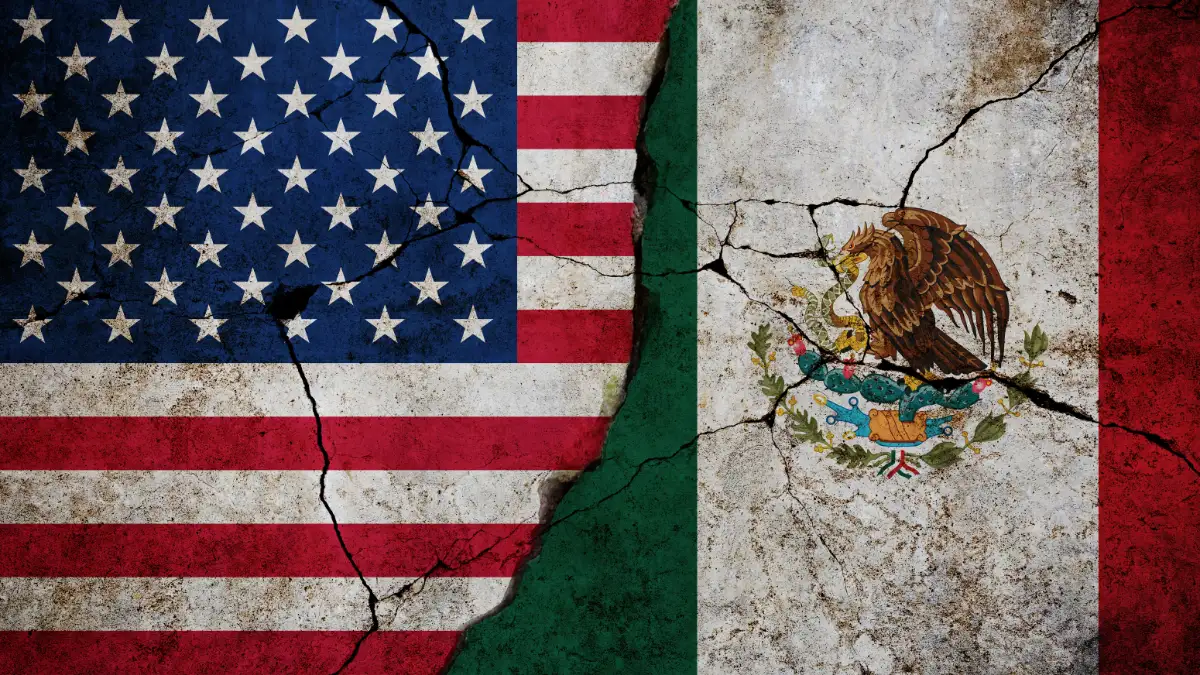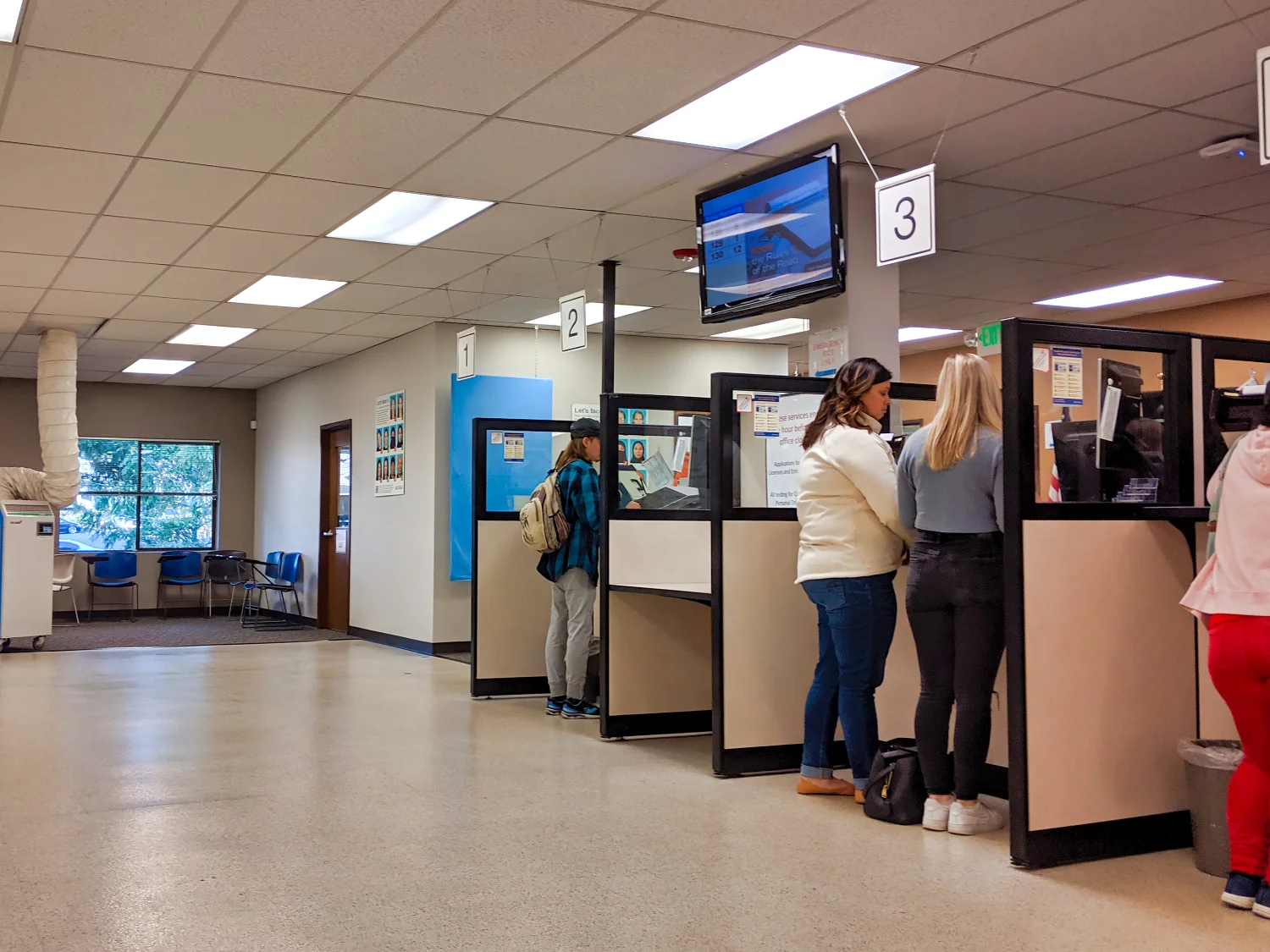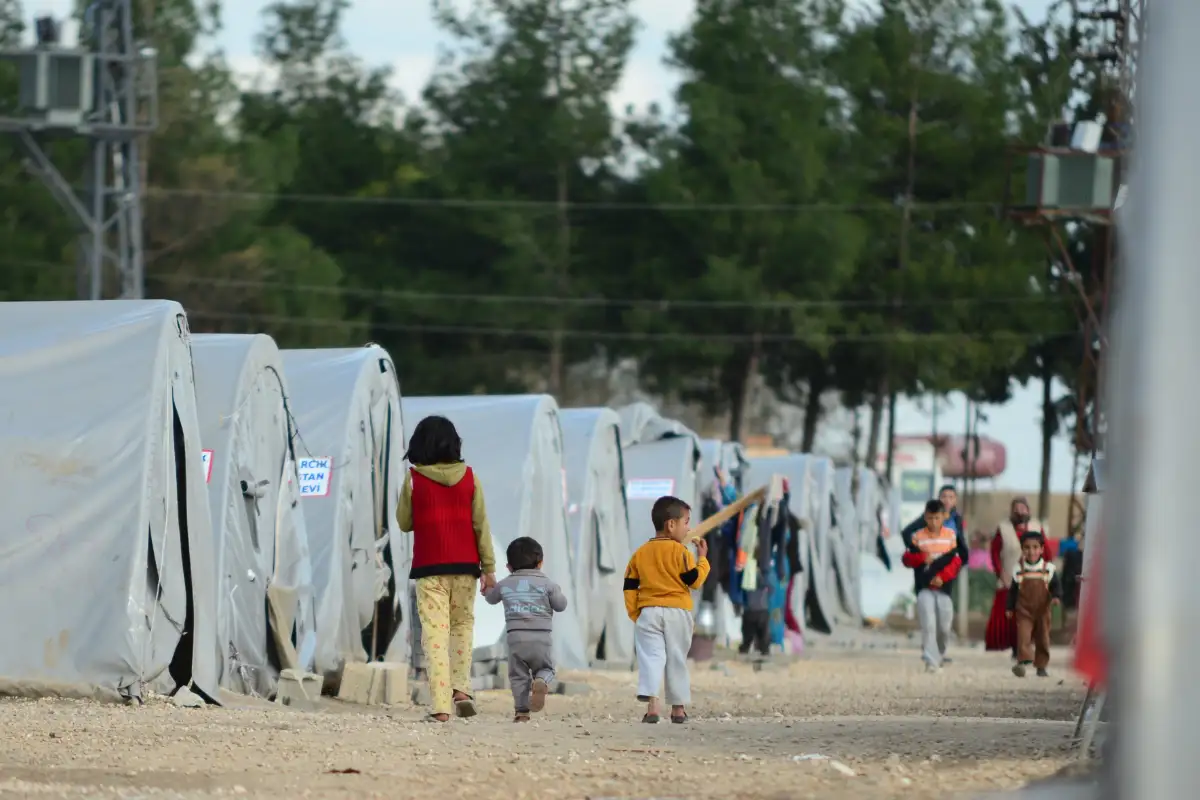The U.S.-Mexico border has once again become the focal point of intense debates following the implementation of new immigration policies that tighten controls and increase the presence of security forces. Authorities justify these measures as necessary to manage migration flows and ensure security, but they have sparked mixed reactions from human rights advocates and activist groups. The new restrictions have impacted families and migrants, leading to protests and demands for more humane treatment.
In border cities, demonstrations have taken place on both the U.S. and Mexican sides, where citizens and local organizations are calling for open dialogue and the adoption of more inclusive policies. While some lawmakers argue that strict measures are essential for maintaining order, others advocate for policies that integrate migrants and respect their fundamental rights. This polarization is evident in media coverage and international forums, where alternative approaches are being discussed to balance security with human rights protection.
The border debate highlights the complexity of the immigration issue, where security, justice, and human dignity intersect. Experts agree that the only viable solution lies in stronger cross-border cooperation and the implementation of strategies that consider both the need for control and the imperative of humanitarian reception. The situation calls for innovative solutions and renewed government commitments to achieve a balance that benefits all parties involved.



